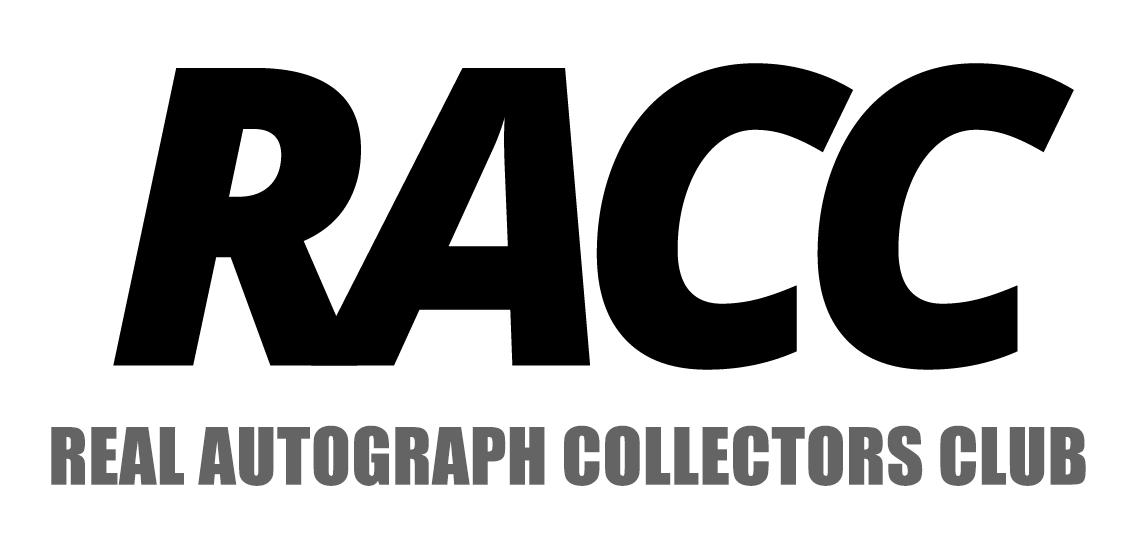Federico Fellini Biography
- Home /
- Federico Fellini /
- Biography

- Born Jan. 20, 1920
In a career spanning almost fifty years, Fellini won the Palme d\'Or for La Dolce Vita, was nominated for twelve Academy Awards and won four in the category of Best Foreign Language Film, the most for any director in the history of the Academy. At the 65th Annual Academy Awards in Los Angeles, he received an honorary award for Lifetime Achievement. Besides La Dolce Vita and 8½, his other well-known films include La Strada, Nights of Cabiria, Juliet of the Spirits, Satyricon, Amarcord and Fellini\'s Casanova.\n', '
Fellini was born on 20 January 1920, to middle-class parents in Rimini, then a small town on the Adriatic Sea. His father, Urbano Fellini (1894–1956), born to a family of Romagnol peasants and small landholders from Gambettola, moved to Rome in 1915 as a baker apprenticed to the Pantanella pasta factory. His mother, Ida Barbiani (1896–1984), came from a bourgeiois Catholic family of Roman merchants. Despite her family\'s vehement disapproval, she had eloped with Urbano in 1917 to live at his parents\' home in Gambettola. A civil marriage followed in 1918 with the religious ceremony held at Santa Maria Maggiore in Rome a year later.\n', '
The couple settled in Rimini where Urbano became a traveling salesman and wholesale vendor. Fellini had two siblings: Riccardo (1921–1991), a documentary director for RAI Television, and Maria Maddalena (m. Fabbri; 1929–2002).\n', 'In 1924, Fellini started primary school in an institute run by the nuns of San Vincenzo in Rimini, attending the Carlo Tonni public school two years later. An attentive student, he spent his leisure time drawing, staging puppet shows and reading Il corriere dei piccoli, the popular children\'s magazine that reproduced traditional American cartoons by Winsor McCay, George McManus and Frederick Burr Opper. (Opper\'s Happy Hooligan would provide the visual inspiration for Gelsomina in Fellini\'s 1954 film La Strada; McCay\'s Little Nemo would directly influence his 1980 film City of Women.) In 1926, he discovered the world of Grand Guignol, the circus with Pierino the Clown and the movies. Guido Brignone’s Maciste all’Inferno (1926), the first film he saw, would mark him in ways linked to Dante and the cinema throughout his entire career.\n', '
Return to Federico Fellini Autograph Profile
Stats
Join the RACC Facebook Group!
The Real Autograph Collectors Club (RACC) on Facebook is the largest community of in person autograph collectors and fans in the world, with 25,000 members and growing!
When you click on links to various merchants on this site and make a purchase, this can result in this site earning a commission. Affiliate programs and affiliations include, but are not limited to, the eBay Partner Network.
Useful Links
WORLDWIDE RACC (Our Top Cities)
New York, NY
USA
Los Angeles, CA
USA
London
United Kingdom
Chicago, IL
USA
Toronto, ON
Canada


